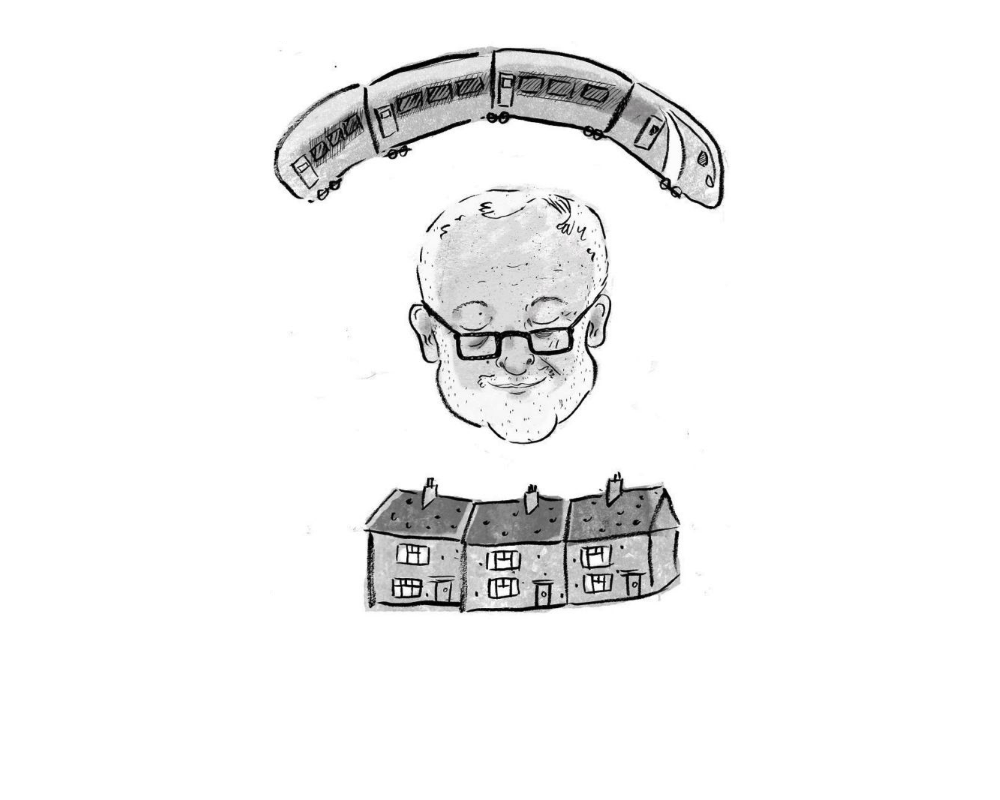At first glance, many of the policies laid out by Jeremy Corbyn may seem like typical, commonsense stances for a party founded on socialist principles. But, if that’s the case, why hasn’t the Labour party been championing them for a long time?
We repeatedly hear cries of ‘but how will you pay for it?’ echoed in modern day politics. This originated with the Conservatives, but is now increasingly utilised by those self-proclaimed as being on the ‘left’ of the political spectrum; possibly in an attempt to be branded as ‘professional’ by the right-leaning media, possibly instead to mask their true policies. It’s interesting that this is so commonly asked when it comes to the gander, for example, spending in the public services, but not when it comes to the goose, like when George Osborne recently slashed both corporation and inheritance tax, yet the Conservatives seemed to have no qualms regarding how he intended to pay for these cuts. There is a dissonance with these politicians, wherein increasing spending is worse than cutting income, even if it leads to the same overall net budget.
We repeatedly hear cries of ‘but how will you pay for it?’
Contrary to what the media would have you believe, the majority of Jeremy Corbyn’s supporters are not unquestioning ‘cultists’, and there are definitely a few of his stances that I do not agree with (although I do believe that they come from a good place). However, presented briefly (although I intend to expand on these topics at a later date) in this article are a few very good policies that I am 100% behind:
Railway renationalisation
Between the years of 2010 and 2015 (when our coalition government was in power), rail fares increased by a massive 25%. In January 2017, rail prices are set to rise again by 1.9% (while consumer price inflation is at 0.6%, according to a report broadcast by BBC News Night on the 16th of August 2016), and when the cost of an annual ticket from Cambridge to London is currently £4,648, even a seemingly small percentage increase can hit consumers hard. All this may seem shocking on its own, but when you couple the rise in rail fares with the fact that our railways are already state-owned by other countries, the whole thing begins to look a little bit like a parody. Again, we refer back to the question ‘but how will you pay for it?’ And I’d like to answer with ‘we already are’- we’re more than paying for it already. Why can’t we reinvest any profits that the railway makes back into improving the service and bettering Britain?
In January 2017, rail prices are set to rise again by 1.9%
Building more state housing
The UK is not building enough affordable homes. One in 10 houses bought under the ‘right to buy’ scheme; 40% of the housing bought under Thatcher’s scheme (revived in 2010 by the coalition government) is now rented out by private landlords. Instead of making it easier to own a home, right to buy has made it harder for young people to rent one, and merely serves to plough more resources into the same few properties; guess who benefits there? Although it’s tougher for my generation, for many in the baby-boomer generation or earlier concerned with protecting their ‘investment’ in the housing market, not having affordable houses built is a good thing, it keeps the value of their properties high, and justifies the owners of many small one bedroom flats in London.
Taxing the rich
The Conservatives’ plan for austerity is based on ideology, not fact. How do we know this? While they are cutting tax credits and benefits for the poorest and most vulnerable in our society, they’re also reducing the amount of tax that the richest are due to pay. However, this is doing nothing but lining the pockets of the wealthiest. When you look past the gossamer-thin veneer of paraded statistics like the average wage, the average being the favoured reality-masking tool of statistical analysis for duplicitous politicians.
These are just a few of Corbyn’s policies that I agree with. I suggest this website to find out more about his policies.











